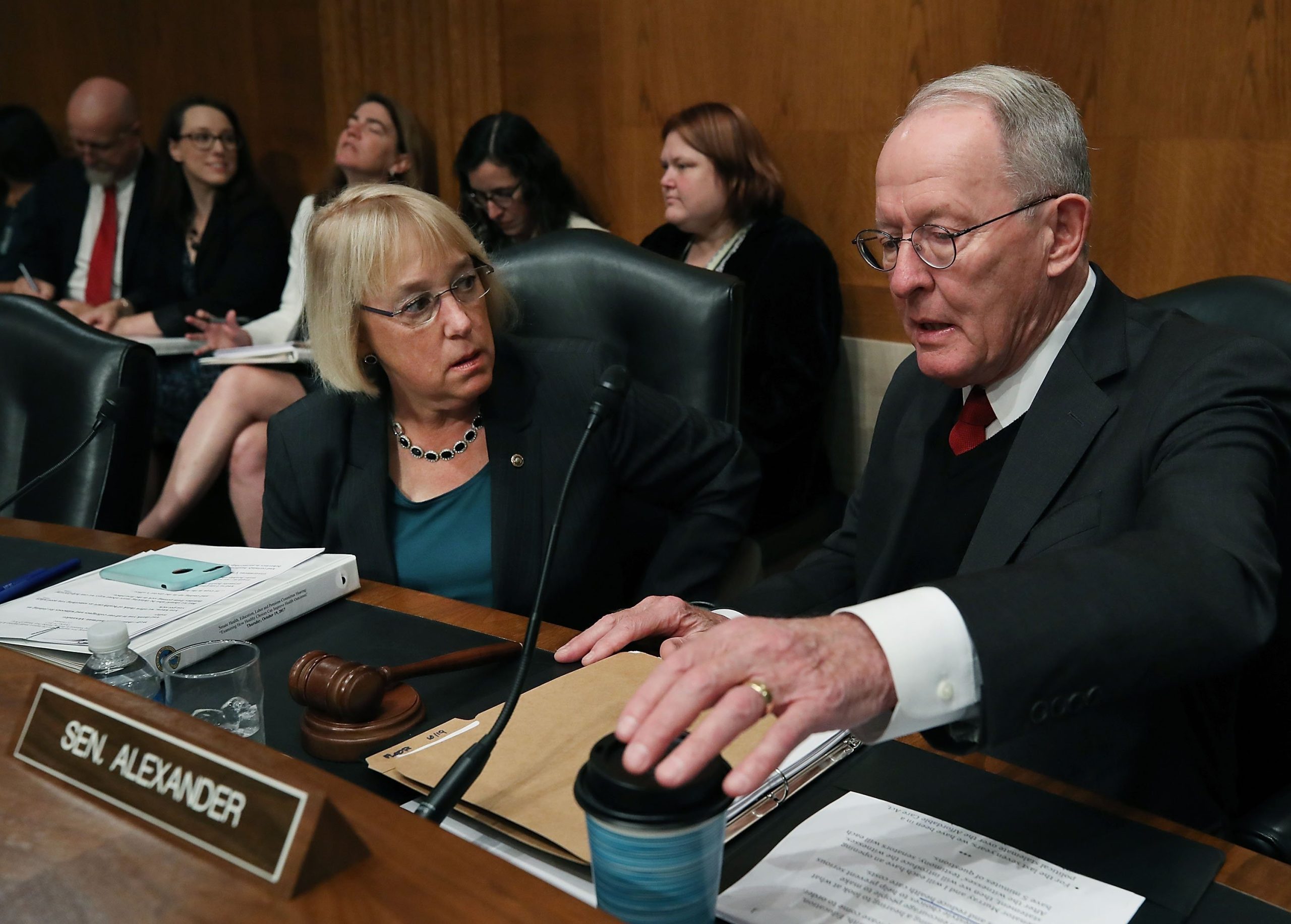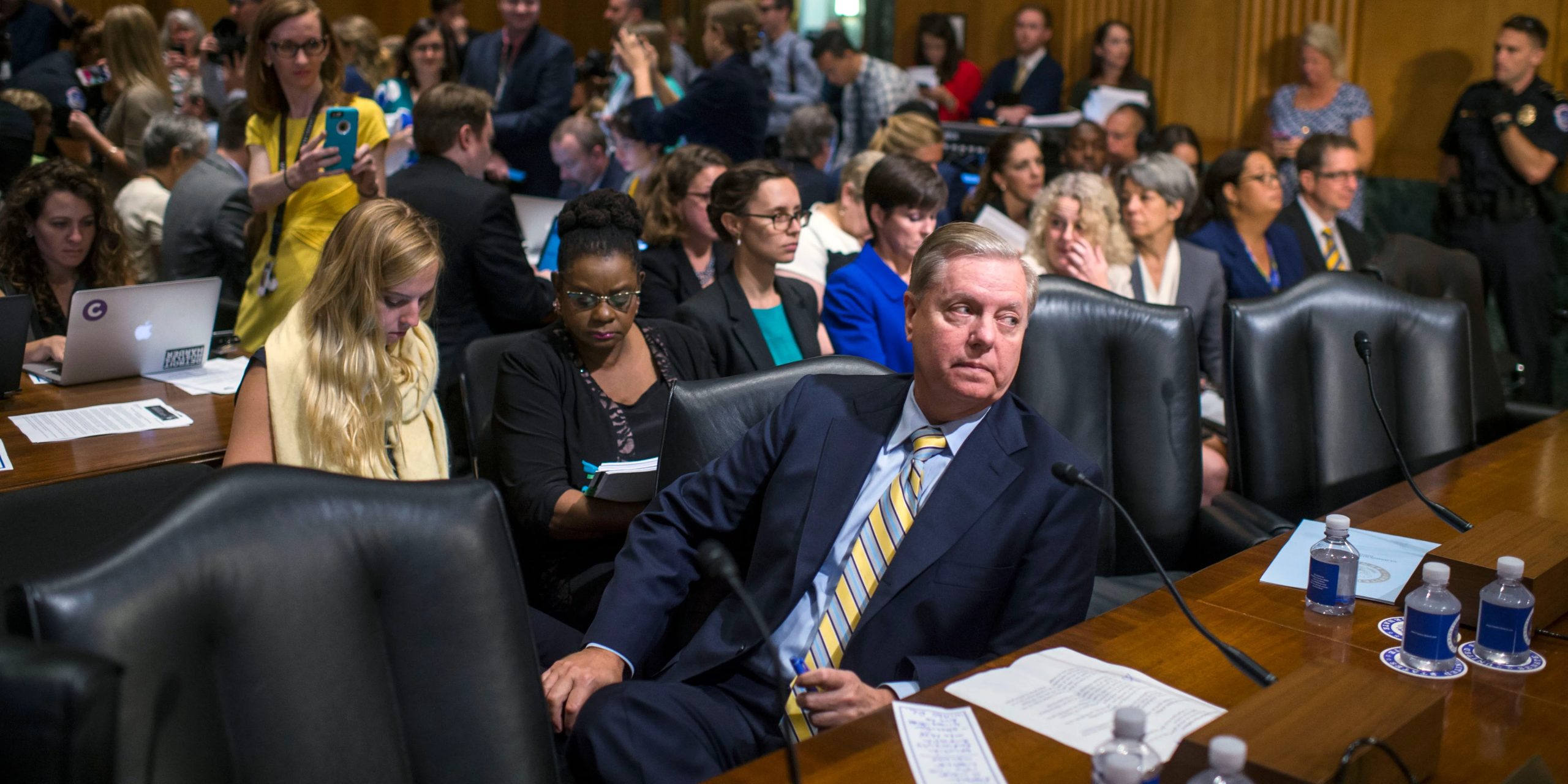For years, Southern conservatives have cautiously explored the notion of expanding public health benefits for low-income individuals in private discussions.
However, recent statements from House speakers in Republican-controlled states such as Alabama, Georgia, and Mississippi indicate a departure from the longstanding resistance to Medicaid expansion or similar benefits, often rooted in opposition to Obamacare.
The shift in attitude is influenced by a significant realignment in politics, with more working-class voters aligning with the GOP, particularly due to the populist rhetoric of Donald Trump.

South Warms to Extended Health Benefits (Credits: The Wall Street Journal)
This change in perspective could have substantial implications for healthcare in the South, potentially providing coverage for nearly half a million uninsured individuals, bolstering the financial health of struggling hospitals, and addressing issues in communities with high rates of chronic diseases, maternal mortality, and avoidable deaths.
House Speaker Jason White of Mississippi acknowledged the need to examine the Medicaid expansion population, while Georgia’s Speaker Jon Burns expressed encouragement in Republicans exploring the facts surrounding expansion.
In Alabama, Speaker Nathaniel Ledbetter emphasized the necessity of discussing expanding coverage for more Alabamians through a private-public partnership.
Legislative leaders in Alabama have engaged in multiple meetings with Governor Kay Ivey’s staff to discuss a potential proposal for expansion.
These comments signify a notable shift, indicating that the political stigma surrounding Medicaid expansion has diminished, bringing these states closer to providing health insurance to low-income individuals.
Republican lawmakers, such as Alabama state Rep. Paul Lee, chair of the House health committee, are increasingly open to the idea that expanding Medicaid could benefit those who are working but lack affordable health insurance options.
The changing dynamics are attributed to factors such as rural hospitals closing in conservative areas, a growing acknowledgment that expanding coverage primarily benefits working individuals, confidence in the federal government’s commitment to covering a significant portion of the bill, and frustration among holdout states about losing out on federal funds.
The softened resistance to Medicaid expansion is evident in the evolving political landscape, with 19 states, including those with GOP governors, already expanding Medicaid. New legislative leaders in Mississippi, Georgia, and Alabama are now in a position to reevaluate the issue, signaling a potential shift in their approach.
While approval for Medicaid expansion is still challenging in these states, with leaders like Mississippi Governor Tate Reeves and Georgia Governor Brian Kemp expressing skepticism, advocates believe the South’s political paradigm has changed.
Despite challenges in South Carolina, Wyoming, and Kansas, where Medicaid expansion faces staunch opposition, the momentum in Alabama, Georgia, and Mississippi suggests a potential shift in the broader debate, with some believing it may take new leadership to push the issue forward.























